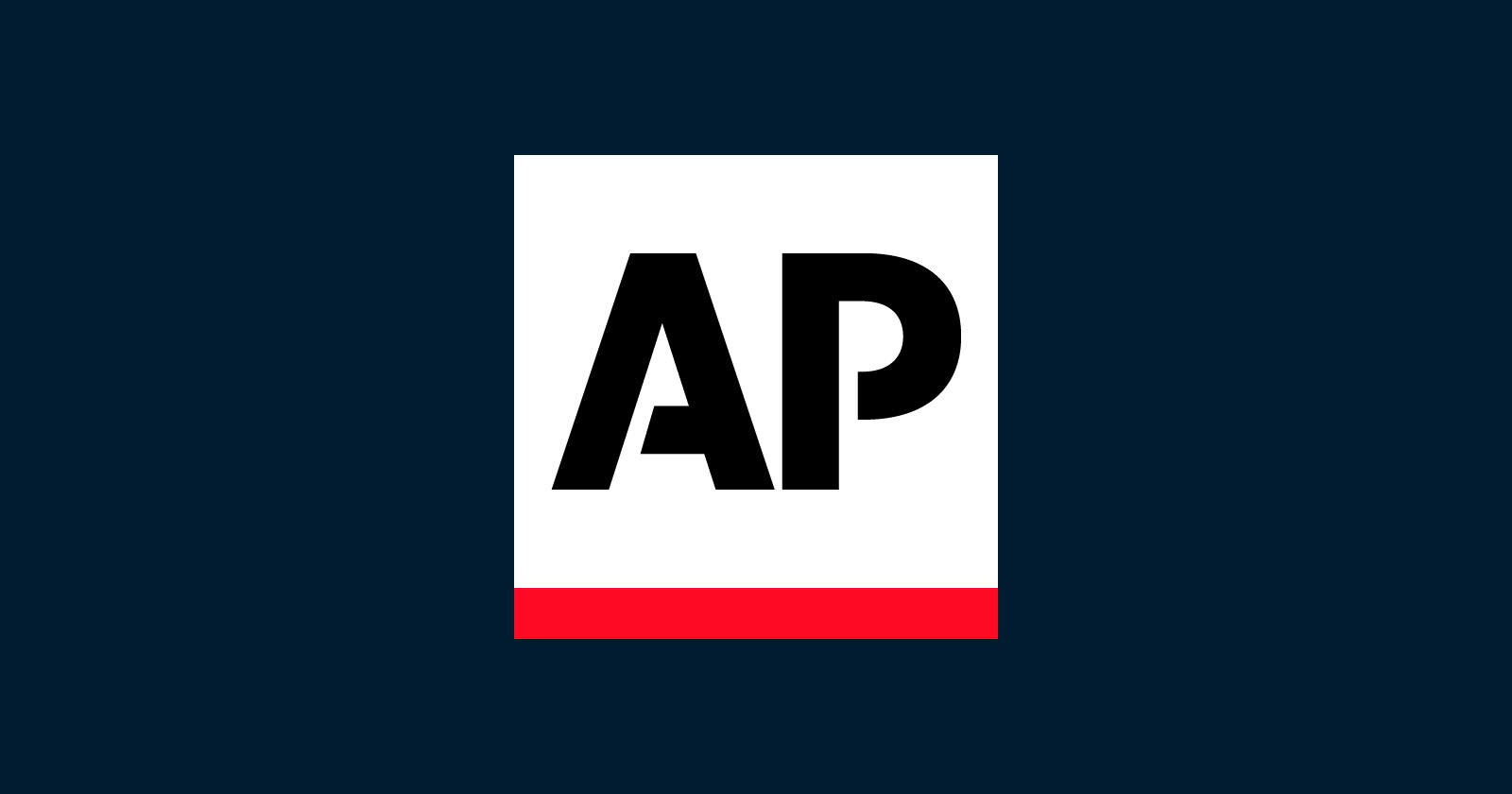Photographer’s Testimony Key to AP’s Legal Victory Against White House

The federal judge who ordered the White House to restore access to The Associated Press repeatedly cited the plain-spoken testimony from AP Photographer Evan Vucci.
“The ramifications (of curtailing AP’s access) for the AP have undoubtedly been adverse,” said U.S. District Court Judge Trevor N. McFadden in his ruling issued April 8.
“Start with photography. The AP’s total loss of access to the Oval Office and stifled East Room access has sent damaging ripples across its reporting capabilities. Put more bluntly, the AP is getting ‘absolutely slaughtered.’”
The judge’s reference to AP getting “absolutely slaughtered” was based on Vucci’s testimony in the case (cited on page 33 of Judge McFadden’s order).
Multiple witnesses, including AP Chief White House Correspondent Zeke Miller, testified in AP’s litigation against the Trump Administration (Associated Press v. Taylor Budowich in his official capacity as White House Deputy Chief of Staff, et al.). In his ruling, the judge refers to testimony from all parties in the case.
Background
When President Trump renamed the Gulf of Mexico the Gulf of America, the AP did not follow suit, declining to revise its widely used stylebook and replace a name used for centuries. In response, the White House curtailed the AP’s access to tightly controlled media events with the President.
The AP challenged the White House in federal court in the District of Columbia, which ordered the White House to rescind its denial of AP’s access to the Oval Office, Air Force One, and other limited spaces. The White House intends to appeal.
The trial judge in this case (Trevor N. McFadden) was nominated to the federal bench by President Trump in 2017.
AP Photographer Evan Vucci
Vucci joined The AP in 2003. He was part of AP’s team that won the 2021 Pulitzer Prize for Breaking News Photography for coverage of the national response to the death of George Floyd.
On July 13, 2024, Vucci took an award-winning, widely published photo of the assassination attempt on candidate Donald Trump at a rally in Butler, Pennsylvania.

Vucci testified on March 27, 2025, in the AP v Budowich case, avoiding jargon and legalese. A sampling of his clearly worded testimony:
- Responding to AP attorney Charles Tobin’s questions about the impact of White House restrictions on AP’s access: “It’s hurting us big time.”
- We just absolutely got slammed in the play (compared to competitors). We got destroyed,” Vucci testified regarding AP’s lack of ability to cover the contentious Oval Office meeting between Trump and President of Ukraine Volodymyr Zelensky.
Judge McFadden’s References to Vucci’s Testimony
The judge — starting on page 7 — cites Vucci’s testimony throughout his 41-page opinion, including this passage on page 24 regarding the speed of AP photo transmissions:
“AP photographer Vucci,” McFadden wrote, “described near-instantaneous transmission of photos to his editors when covering events in the Oval Office. The lag time between a picture’s creation and its publication online to the entire world is sometimes as short as ‘30 seconds to 45 seconds.’”
Vucci’s testimony impressed Washington Post media critic Erik Wemple, whose column on March 28 posed these questions:
“Can Evan Vucci please testify every time a major First Amendment dispute arises in federal court?”
“Who knew that Vucci could light up a courtroom with his quips about his profession and some blunt talk about photographs?”
About the author: Ken Klein lives in Silver Spring, Maryland; he is retired after a career in politics, lobbying, and media including The Associated Press and Gannett in Florida. Klein is an alumnus of Ohio University and a member of the Dean’s Advisory Council of the Scripps College of Communication. Professionally, he has worked for Fort Myers News-Press (Gannett), The Associated Press (Tallahassee), Senator Bob Graham, and the Outdoor Advertising Association of America (OAAA).
Source link




